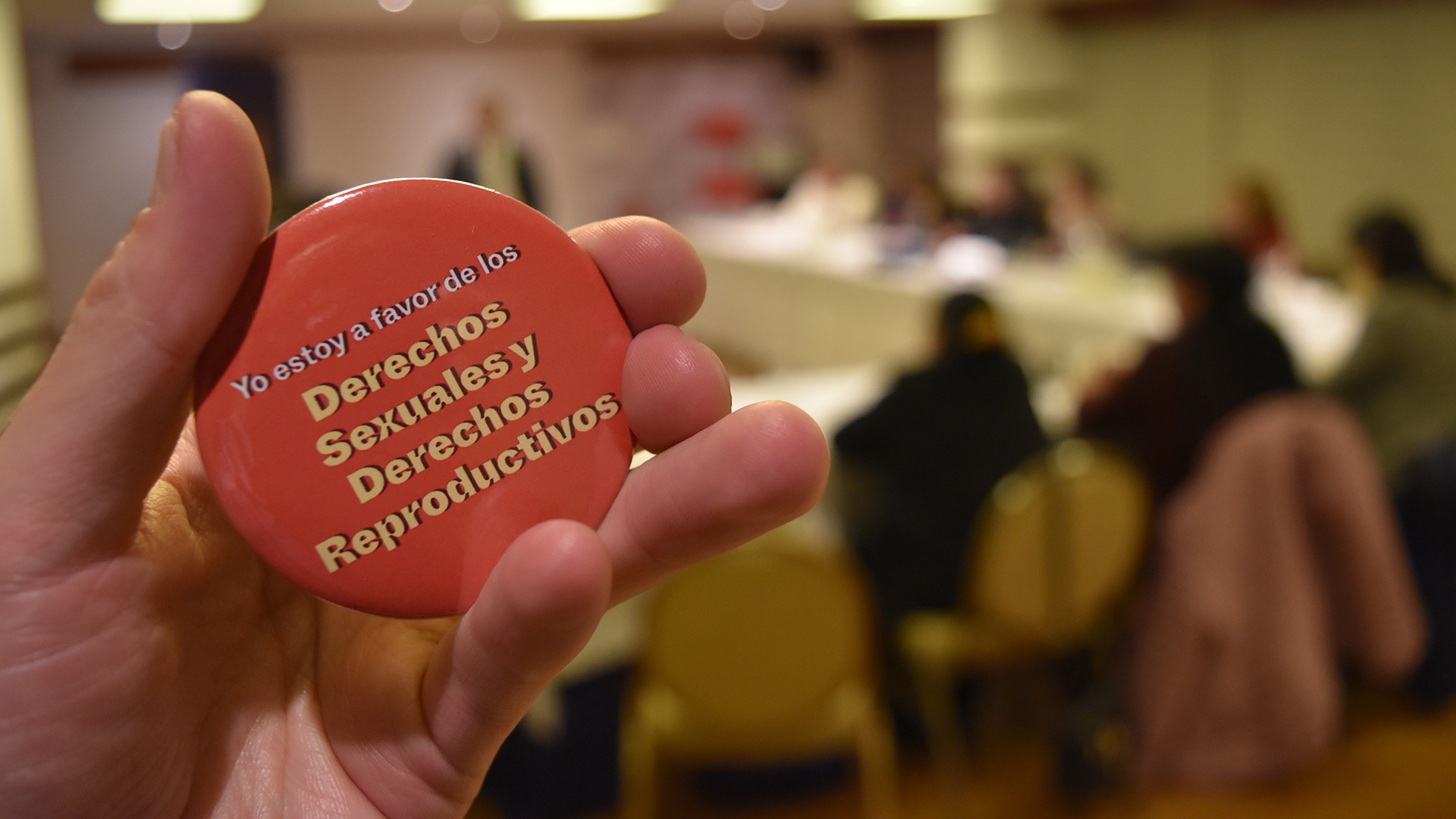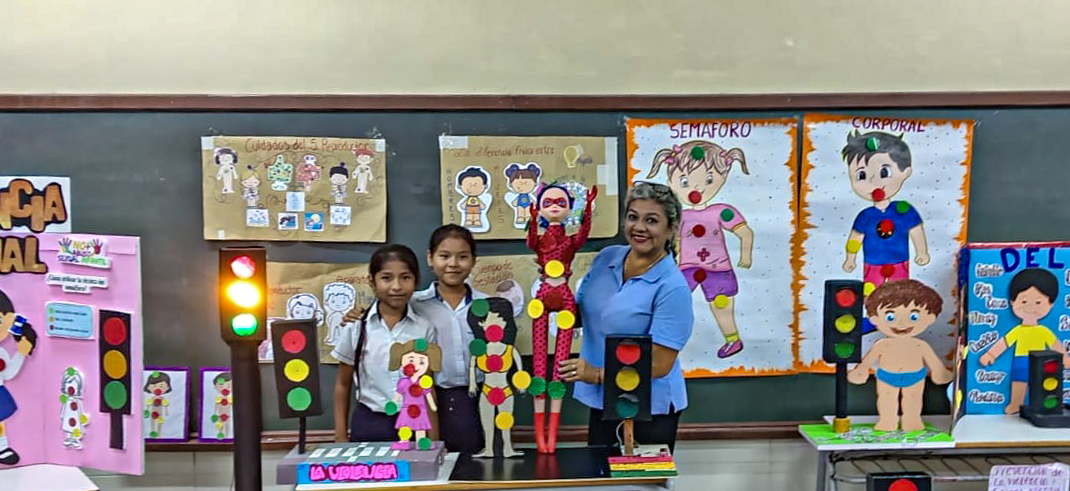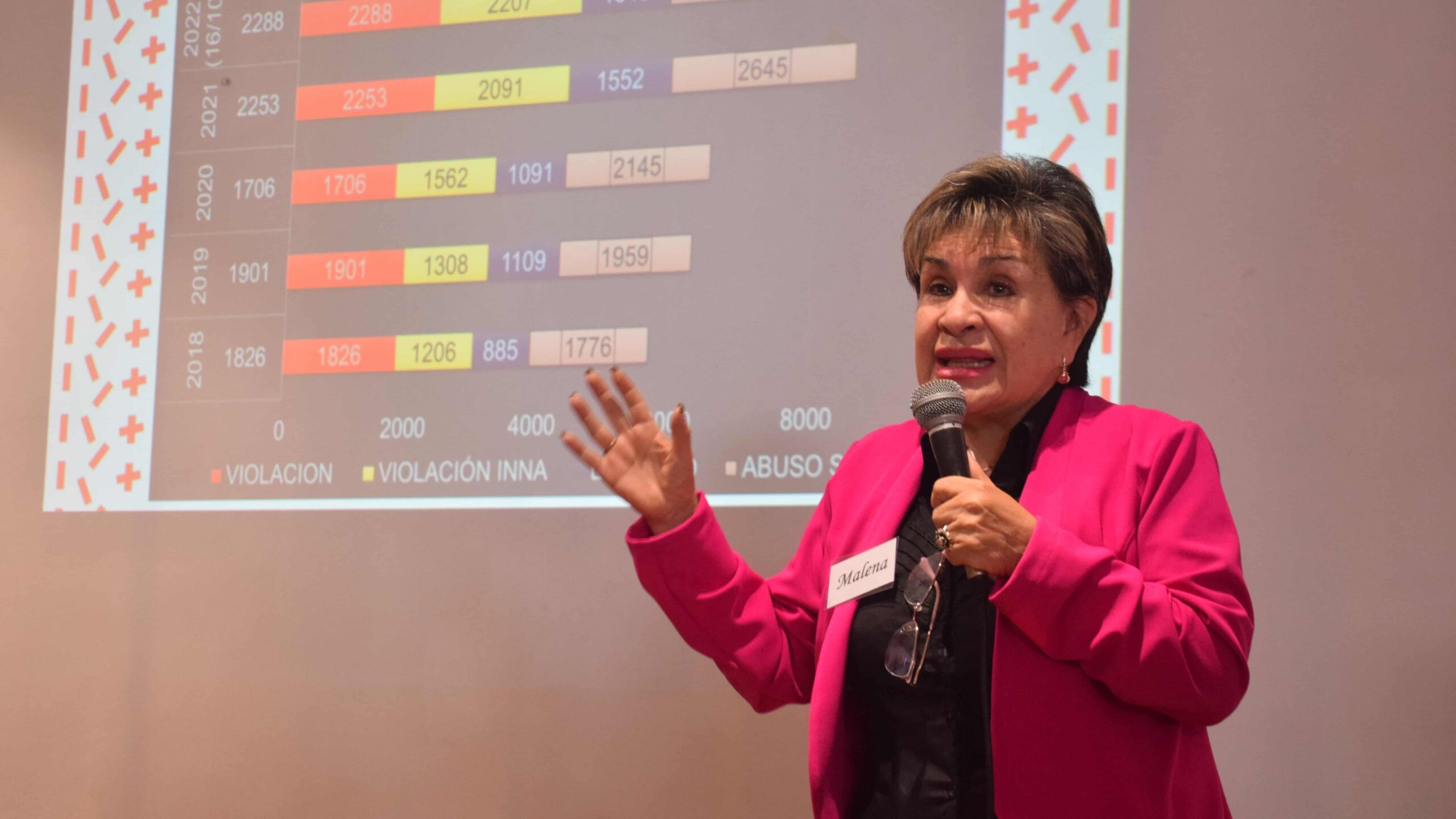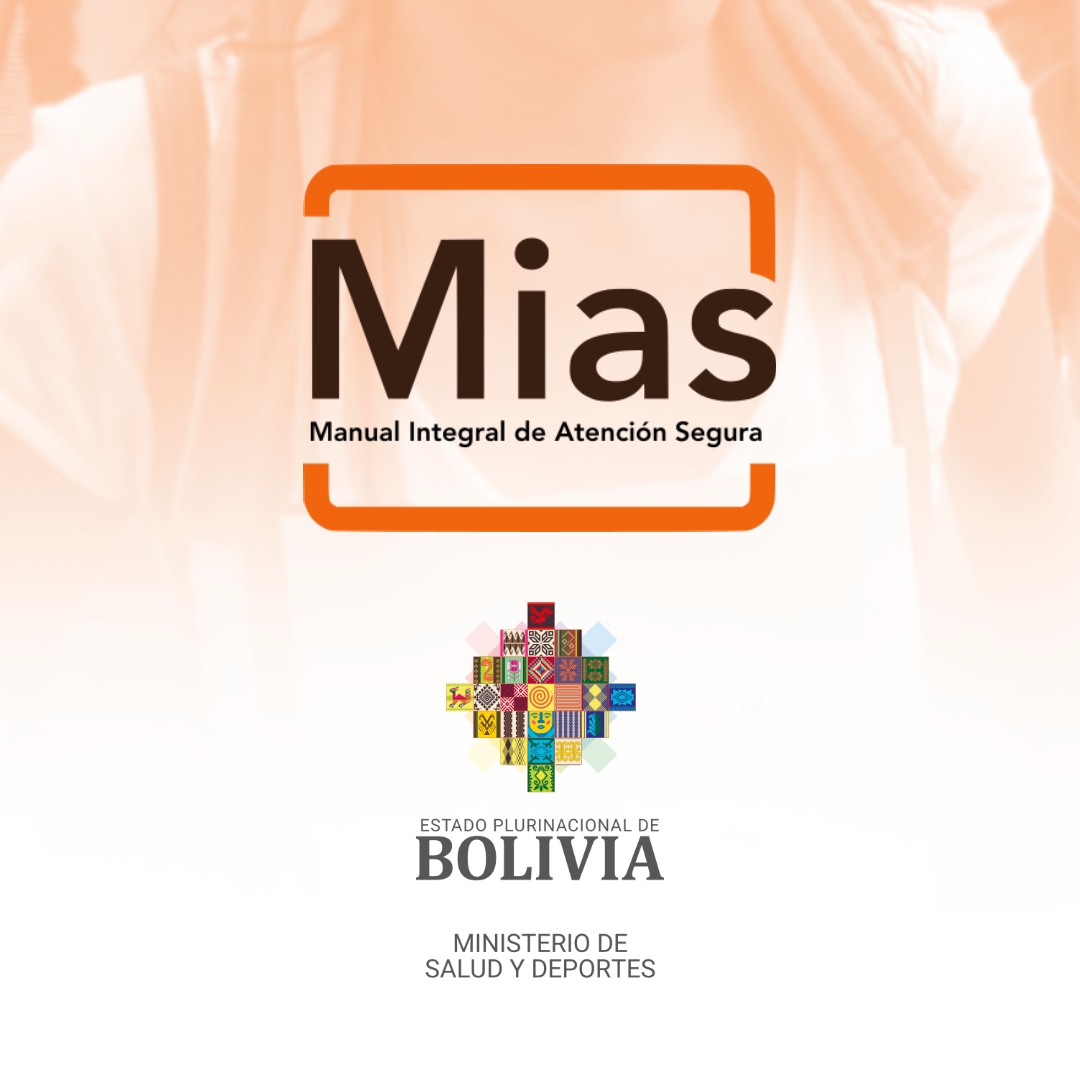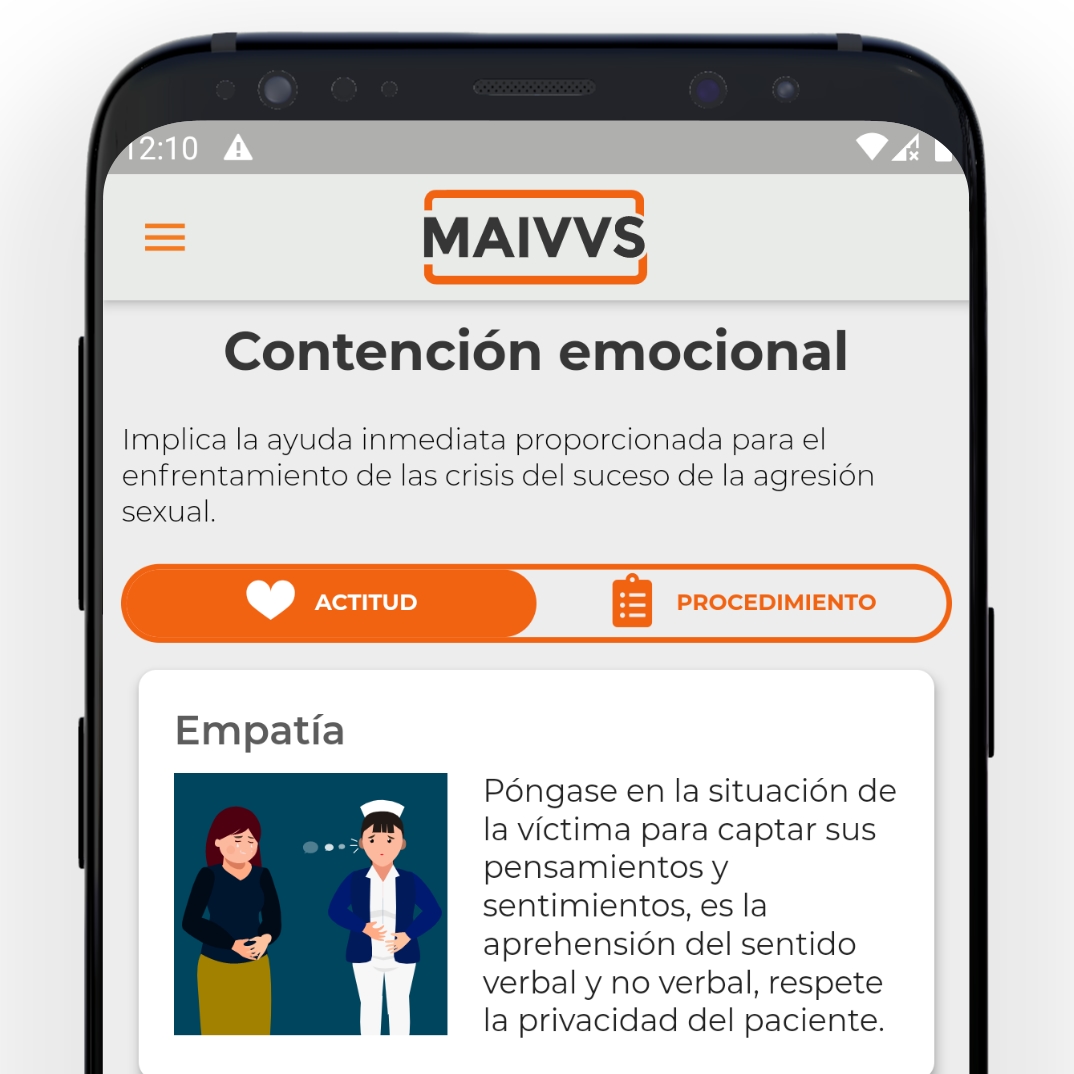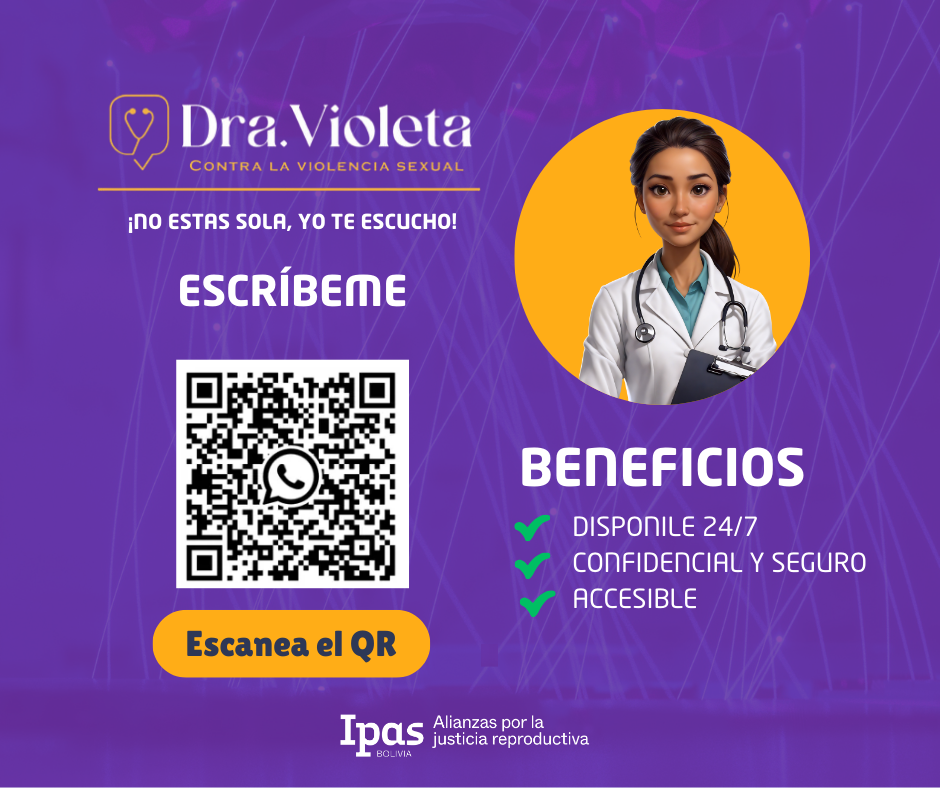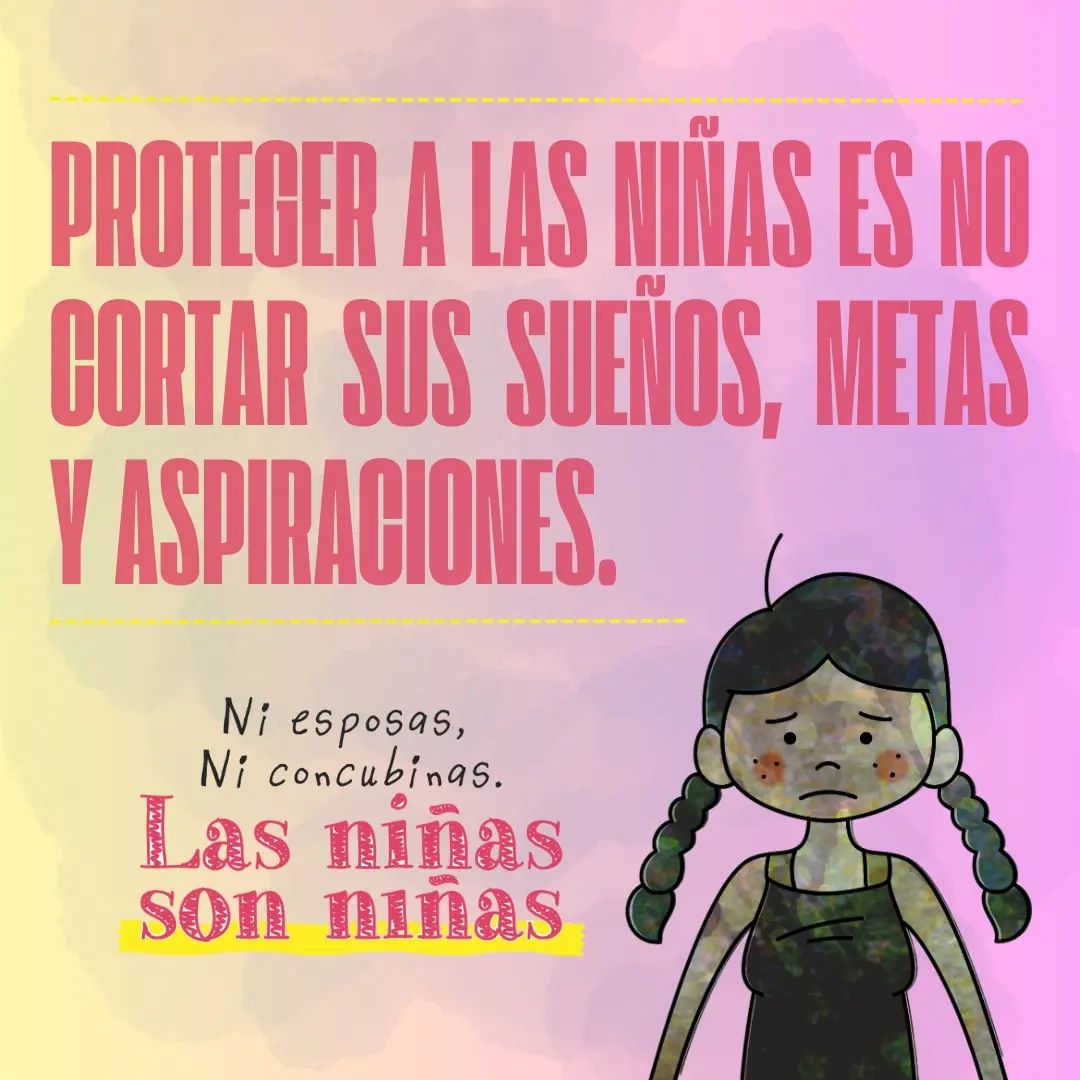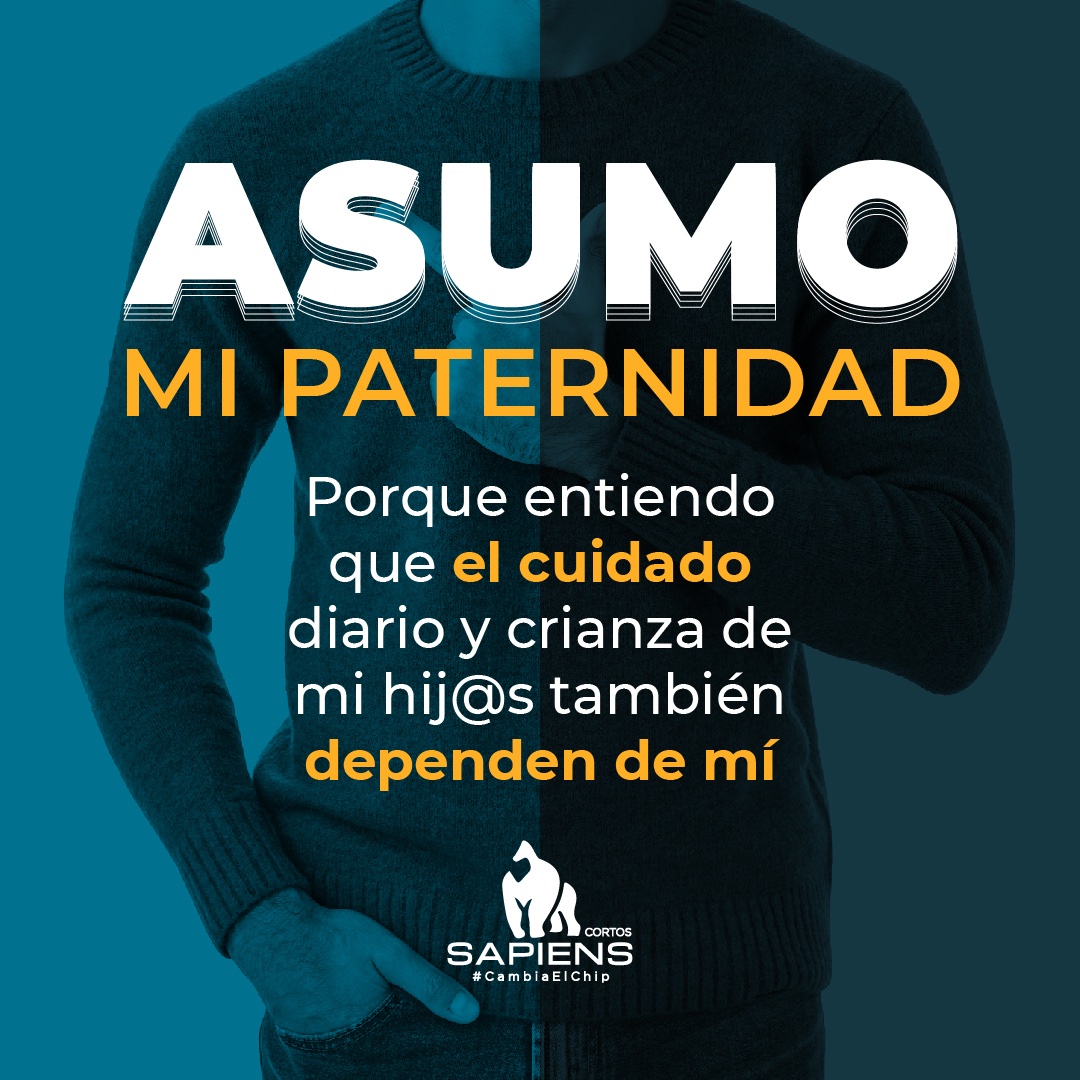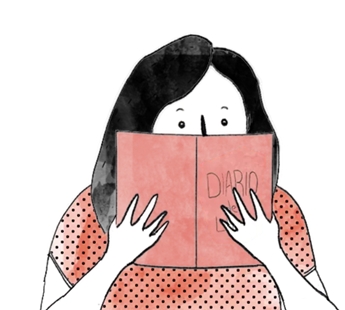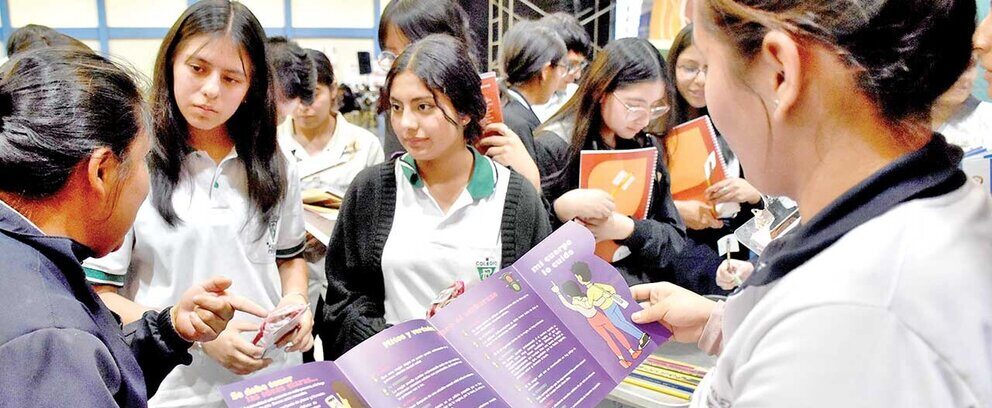“Can I get pregnant on my first time?”. “How can I take care of myself and how can my sweetheart take care of herself so that she doesn’t get pregnant?”. “What birth control methods can I use?”. Teenagers ask these kinds of questions.
“I don’t talk about these issues at home,” admits Sandro, 16, as does José, 17.
“It’s like family members feel that we are too young and that we don’t talk about it, but, in reality, most adolescents already have a sex life very early in life. They shouldn’t prohibit, but guide,” says Nataly, 16.
On September 26, the World Day for the Prevention of Adolescent Pregnancy was commemorated. This initiative was promoted in Latin America, in 2005, as an educational campaign whose main objective is to raise awareness among adolescents so that they know the different contraceptive alternatives that exist and can make free, responsible and informed decisions about their sexual and reproductive health, in order to prevent the high rate of unplanned pregnancies.
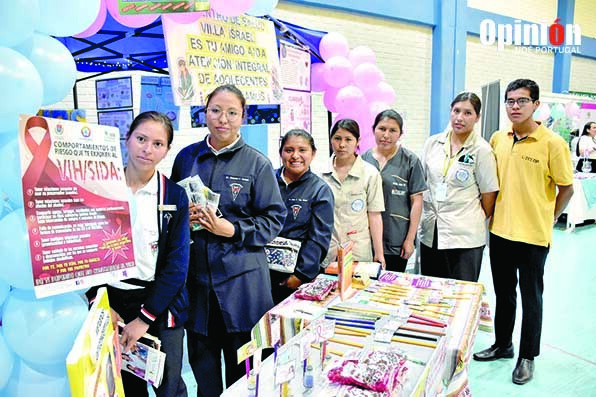
The Management Policy Unit of the Magistrates Council in Cochabamba released statistics on teenage pregnancy in Bolivia, between 2021 and 2023. In the country, 39,747 teenage pregnancies were reported in 2021, 35,470 in 2022 and 32,660 in 2023.
Nataly, Sandro and Josué are high school students. They participated in the educational fair and expressed their interest in accessing information and not being left with doubts about sexual relations, pregnancy risks and sexually transmitted diseases (STDs).
“It is a topic that needs to be addressed, since it is not made known in schools or to family members. It is good to have information about the topic of sexual life, both for prevention and planning, and about the types of diseases that exist,” says Nataly.
The speakers explained that an early pregnancy is one that occurs before the age of 19 and is considered high-risk because it has more complications than a common pregnancy. Adolescents are not physically or mentally ready to become parents.
“It was very interesting for me to learn about each contraceptive method, both for men and women. I have clarified my doubts,” says Josué.
Preventing teenage pregnancies depends on truthful information, access to contraceptive methods and not giving in to peer pressure, among other aspects.
“Being a teenager, you may have doubts, intrigue about what it will feel like to do it. I think you should use contraceptive methods, such as condoms, to avoid problems,” says Sandro.
ACCESS TO INFORMATION
In several health centers, such as the one in Villa Israel in the south of the city of Cochabamba, they are given the answers they often cannot find in their homes or schools.
Darling Nogales is a nurse at the Villa Israel health center. She says that there, as in other health facilities, they have Comprehensive Adolescent Care Services (AIDA), and all the staff is trained to guide and care for adolescents with warmth and confidence.
“We are working on the promotion and prevention of unwanted pregnancies. If the young person wants to take care of themselves with a contraceptive method, the AIDA center is also friendly”.
Nogales describes that the adolescents tend to be shy, go in pairs and that most are male. They all receive the attention and guidance they need.
“There are young people who are very shy, there is still a taboo. They are ashamed to talk about their case. At the Villa Israel health center we try to make them feel free to express themselves, and that they are not ashamed or afraid.”
A large number of young people seek information on contraceptive methods. It is known that there are adolescents who begin their sexual life as early as 13 or 14 years of age.
“Most of them will ask for information about their first time, as they say, about the possibility of pregnancy (…). They ask about family planning, contraception, “what method will help me to take care of myself”, “what can I wear”, if it will be good or bad for them. These are the questions young people ask.
Adolescents can access contraceptive methods free of charge at health centers.
Contraceptive methods are those used during sexual contact to prevent pregnancy; there are barrier, hormonal and surgical methods. Some also reduce the risk of transmitting STDs.
Barriers are the male or female condom, whose efficacy percentage is high. Surgical barriers are vasectomy in men and tubal ligation in women. Hormonal barriers are pills, implants, morning after pill, injections, copper T and vaginal ring.
Sexually transmitted diseases include syphilis, gonorrhea, herpes, condyloma, molluscum contagiosum and HIV-AIDS.
In the medical centers, professionals provide guidance on these issues. At the Villa Israel center alone, they receive about eight adolescents per week, who seek information. They also follow cases of teenage pregnancies.
People are exposed to unwanted pregnancies or diseases from the first time they have sex.
CHANGE OF PLANS
“I wasn’t planning to have my baby, I was in shock,” said a 16-year-old teenager from Cochabamba in an interview.
The stories are different among young people.
According to the Defensorial Report “Interrupted Dreams – Violation of Rights of Girls and Adolescent Women, Emerging from Child, Early and Forced Marriages and Unions and Forced Child Pregnancy in Bolivia” of May 2024, the department of Cochabamba registered 79,082 pregnancies from 2015 to 2022, whose 4.4% (3,489) corresponds to girls between 10 and 14 years old, and 95.6% (75,593) to adolescents between 15 and 19 years old.
In 2022, Cochabamba reported a total of 45,630 pregnancies, 13% (5,747) corresponded to pregnancies of girls and adolescents between 10 and 19 years old. Of the 5,747 pregnancies, 76.5% (4,395) were in the provinces and 23.5% (1,352) in the capital city.
“It is alarming the record of pregnancies in girls between 10 and 14 years old in the municipalities of the Cochabamba tropics. Villa Tunari registers 29 cases; Puerto Villarroel, 18; Chimoré, 12; Entre Ríos, 12; and Shinahota, 10; in total, 81 cases. This figure is 47% higher than the capital city of the department, which has 43 cases,” the report states.
The municipalities of Alalay (37%), Morochata (36%) and Raqaypampa (35%) have the highest figures.
In interviews, adolescent mothers referred to their exercise of the right to education, the construction of their life project and, in addition, the issue of abortion was included.
Of 73 respondents, 29% (21) stated that during their pregnancy they stopped their studies; 16% (12) continued studying and 55% (40) did not provide information on the subject.
As to whether they are currently studying, 34% (25) said yes, 28% (20) said no and 38% (28) did not answer.
Regarding the main responsibility for the care of their child, 36% (26) responded that it is assumed solely by their person, 18% (13) would have the support of their partner or family environment and 46% (34) did not respond.
In addition, 49% (36) said that the parent does not participate in education or care; 40% (29) said that the parent does participate in these tasks and 11% (8) did not provide information.
Among the pregnant adolescents interviewed, 30% (22) expressed that they did want or thought about having an abortion; 70% did not express disagreement with abortion or call themselves anti-abortion.
From the Ombudsman’s Office’s reading, “this does not mean that this group did not think about or consider an abortion; but rather that, at the time of the interviews, they simply preferred to remain silent and not give an answer”.
“I wasn’t planning to have my baby, I didn’t feel capable,” said a 16-year-old teenager.
Another 15-year-old described how her pregnancy was violently terminated.
“I lost the baby. My mother beat me to make me lose him.”
In another case, the adolescent did not have access to information.
“There was the possibility of abortion, but the doctors told me that I was past 12 weeks and it was no longer possible.”
Among other results of the Ombudsman’s investigation, 83% (61) of the women interviewed stated that their life projects suffered changes, 3% (2) said they were not affected and 14% (10) did not provide information.
“I wanted to finish school and continue studying. Now, I don’t think I can study, I have to raise my baby,” said a 15-year-old girl.
“I wanted to go professional, to have a career. Now, my plans have changed quite a bit. I don’t know what to think,” said another of the same age.
“I wanted to finish my studies and work, I wanted to get married at 30. My plans have changed,” noted another 16-year-old.
When asked about their immediate future, one to five years from now, 56% (41) responded that their life projects and goals would have changed in relation to their motherhood.
“The most important thing, now, is my baby; I have to take care of him, and then continue studying,” said a 17-year-old girl.
For 18% (13) their life project was no longer important, on the contrary, their priority would be to work and take care of their child; while 26% (19) did not respond.
“I want to get out of school and raise my baby,” maintained a 14-year-old teenager.
The National Health Information System – Epidemiological Surveillance (SNIS-VE) reported between 2020 and October 2023 a total of 252,613 pregnancies in girls and adolescents, or 173 per day.
“These pregnancies constitute, according to international criteria and standards, a risk to their life and health,” according to the Ombudsman.
In 2022, Bolivia recorded a 57% decrease in pregnancies of girls and adolescent females aged 10 to 19 years compared to 2015 records.
“This is a ponderable progress from any scope, in addition, 16.5% was established as the rate of teenage pregnancy in 10 to 19 years old according to the Sectorial Plan of Integral Development to Live Well Health Sector 2021 – 2025; however, it is necessary to socialize, apply and reinforce the actions established in the different instruments of public policy approved in the matter.”

